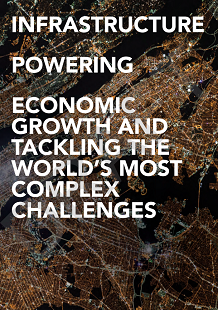UKRI celebrate York's Archaeology Data Service as a world-leader in digital preservation
Posted on Thursday 13 February 2020

The ADS is the only accredited digital repository in the UK for heritage data, with over 20 years of experience supporting research, learning and teaching with free, high-quality and dependable digital resources.
The inclusion in UKRI's promotion marks the ADS as one of only two Arts & Humanities infrastructures to be featured, and one of the few services to be based within a single university.
The ADS also recently featured as a case study in UKRI's Opportunities to grow our capability report in December, which highlighted the UK's latest commitments to research and innovation infrastructure.
In the report, the organisation is described as: "a world-leading digital heritage data archive that has been leading the development of digital preservation since 1996. It engages with the preservation community about developments in data policy and good practice in data repository creation and management.
"The ADS is also driving the development of data policy for the European Research Infrastructure for Heritage Science (E-RIHS), part of an emerging global distributed research infrastructure. Through these international research collaborations, the ADS is pioneering new ways of managing and curating complex data and developing a shared evidence base for interdisciplinary research to ensure the integrity, reliability and accessibility of complex data."
Professor Julian Richards, Director of ADS, said: “We were set up in 1996 with core funding from Jisc and AHRC, and our present inclusion as a key component of the UK’s national research infrastructure is a great acknowledgement of the hard work of University of York staff, past and present.”
More information on the archive can be found on the Archaeology Data Service website.
The full UKRI reports can be found below:
- Infrastructure powering economic growth and tackling the world’s most complex challenges (February 2020)
- Opportunities to grow our capability (December 2019)
